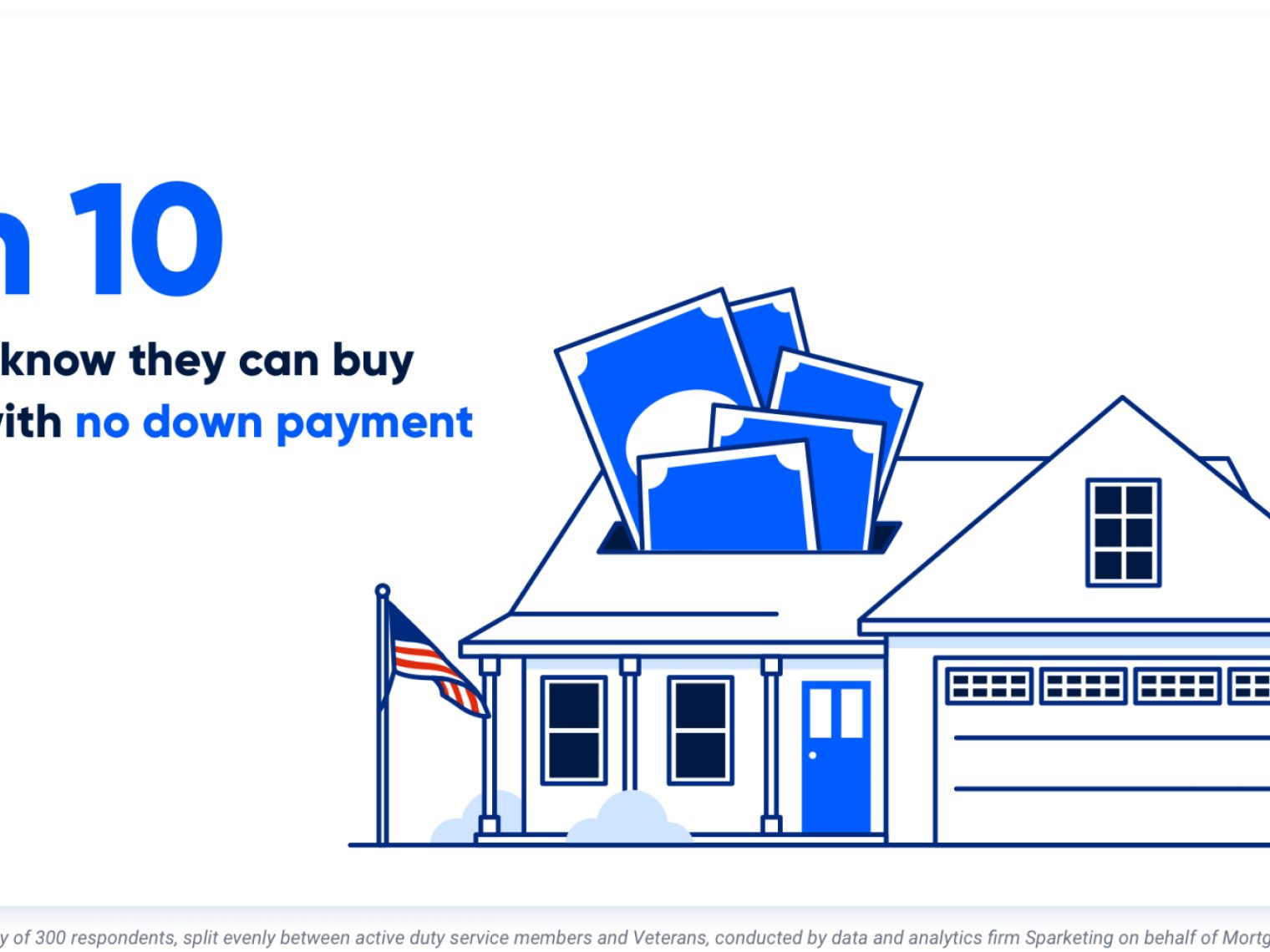It's not uncommon for a sales contract to be amended at some point between initial signing and closing. Whether it's to change the purchase price, deal with repairs or to remedy a surprise situation, amendments are needed from time to time in this business. But did you know that an amendment received after the appraisal could hold up your closing?
The VA issued a circular on Oct. 1, 2014 and a clarification circular on Jan. 27, 2015 regarding sale contracts and amendments provided for the appraiser. These circulars are intended to remind lenders that appraisal orders shouldn't be placed until a fully executed contract is available, so that it can be provided to the appraiser. It also discusses the process for submitting an amendment after the initial appraisal is complete.
Initial Sales Contract
A lender is required to provide the appraiser with a copy of the sales agreement and all addenda immediately, and not later than one business day after the appraiser has been assigned. This requirement is in place to facilitate a speedy appraisal. The appraiser must have the sales contract and all addenda when analyzing and establishing the fair market value of the property. The contract will also give them pertinent information regarding whether any repairs or improvements have been agreed upon that could impact whether the property meets the VA's minimum property requirements.
If the contract is amended during the appraisal process (prior to the effective date of the appraisal), the amendments must be provided to the appraiser.
Agent Takeaway
Avoid delay and ensure you get the loan officer a clear copy of the contract in its entirety. As the buyer's agent it's your duty to ensure the lender has every page of the contract, including any amendments or attachments immediately so they can move forward with the appraisal request.
Amendments After Appraisal
There are times when you may have to amend the contract after an appraisal has been issued. This is where your closing date has the greatest chance of being affected. The a lender must use due diligence to determine whether the amendment could reasonably be thought to affect the estimated value of the property. If they determine that it could impact the estimated value, the amendment must be forwarded to the appraiser for consideration.
The appraiser then must review the amendment to determine if the estimated value of the property is impacted. If the amendment makes significant changes, the appraiser may request a new fee.
The lender must deliver to the buyer the final version of the appraisal, including all clerical changes before time of consummation. Consummation is defined by the signing of the note and closing documents. In application this means your buyer can't close on their new home until the appraiser reviews amendments submitted by the lender, updates the appraisal if necessary and your buyer has received a copy.
Agent Takeaway
These turn times are not instantaneous and could have an impact on the date of closing. It's imperative for you to submit all amendments to your buyer's lender immediately upon signing. The lender must then determine if the amendment needs to be forwarded on to the appraiser. You also need to communicate with your buyer and the seller's agent that any amendment to the contract submitted after the appraisal has been issued could push back closing.
Here at Veterans United, our loan officers will identify if an amendment must be submitted to the appraiser after the initial effective date and maintain communication with you and your buyer throughout the process to establish reasonable expectations.
If you have any questions, please don't hesitate to comment below or email me any time at education@vu.com.
Related Posts
-
 VA Loan Down Payment RequirementsVA loans have no down payment requirements as long as the Veteran has full entitlement, but only 3-in-10 Veterans know they can buy a home loan with zero down payment. Here’s what Veterans need to know about VA loan down payment requirements.
VA Loan Down Payment RequirementsVA loans have no down payment requirements as long as the Veteran has full entitlement, but only 3-in-10 Veterans know they can buy a home loan with zero down payment. Here’s what Veterans need to know about VA loan down payment requirements. -
 5 Most Common VA Loan Myths BustedVA loan myths confuse and deter many VA loan borrowers. Here we debunk 5 of the most common VA loan myths so that you can borrow with confidence.
5 Most Common VA Loan Myths BustedVA loan myths confuse and deter many VA loan borrowers. Here we debunk 5 of the most common VA loan myths so that you can borrow with confidence.

